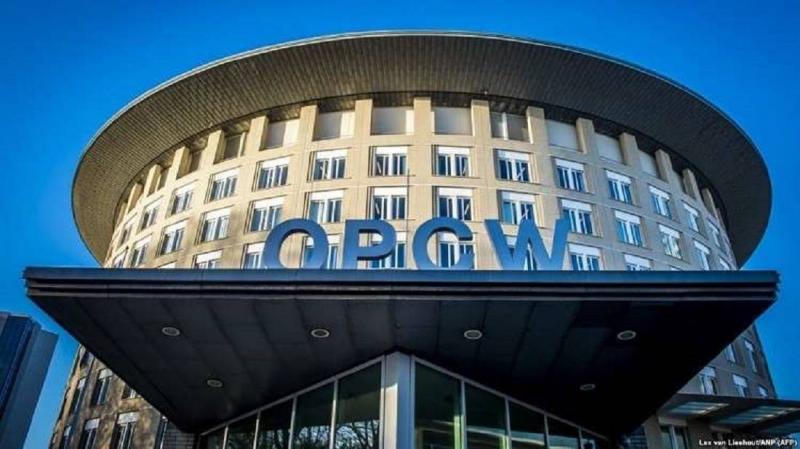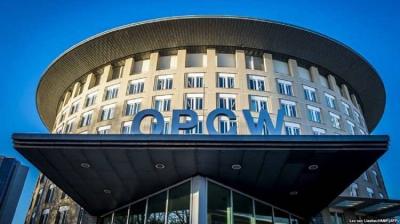Russian Foreign Minister Sergey Lavrov announced that Moscow will formally request the Organization for the Prohibition of Chemical Weapons (OPCW) to comment on an open letter published by scientist Vitaly Kuzak regarding the alleged poisoning of Alexei Navalny.
In an interview with journalist Vladimir Solovyov on Friday, Lavrov stated that Moscow will officially ask the OPCW, as well as Germany, France, and Sweden, to respond to the conclusions presented in Kuzak’s open letter, which was recently addressed to the Russian Foreign Minister. Lavrov noted that Kuzak’s letter is based on reports that explain and analyze the alleged poisoning incident involving Navalny and the biological samples collected from the opposition activist in the West. He added that the scientist raises a series of questions related to biology and chemistry that require answers.
Lavrov expressed his belief that the Navalny case is fabricated, indicating that it required significant preparations that would not have been possible without the approval of German authorities, including filming a documentary about the palace near Gelendzhik, which Navalny claimed to be a secret residence of President Vladimir Putin.
Media reports previously published Kuzak's commentary on an article in the medical journal "The Lancet" regarding the alleged poisoning incident, highlighting several ambiguous points and contradictions, particularly concerning claims of using the substance "Novichok" to poison the Russian activist.
Navalny's health deteriorated on August 20 while he was on a passenger flight from Tomsk in northeastern Russia to Moscow. The plane made an emergency landing in Omsk, Siberia, and the opposition figure was transported to a local hospital in a coma. After several days, the Russian government agreed to Navalny's family's request to transfer him to Germany for treatment.
Later, the German government announced that military doctors found evidence confirming that Navalny had been poisoned with "Novichok," a narrative supported by the activist himself and several Western countries, which Russia firmly denies.
Moscow has repeatedly emphasized that this case is entirely fabricated and that the test results from Navalny's examination in Omsk did not indicate poisoning, accusing the West of obstructing cooperation to uncover the details of the incident. Navalny was arrested upon his return to Russia in early January and sentenced to 2.8 years in prison for violating the terms of a previously imposed suspended sentence in a fraud case. The European Union is currently considering strengthening sanctions against Russia in connection with the Navalny case.




